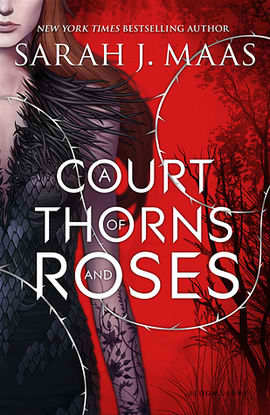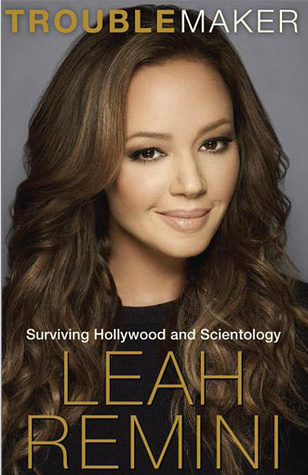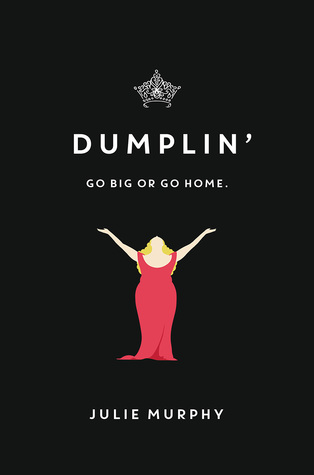 Strangers in Their Own Land: Anger and Mourning on the American Right by Arlie Russell Hochschild
Strangers in Their Own Land: Anger and Mourning on the American Right by Arlie Russell Hochschild
Published by New Press
This was a difficult read for me because much of what is discussed in the book is so opposite my own beliefs and thoughts and political ideology that it was frustrating to read. In attempting to empathize with the American Right, especially those in the Deep South (specifically Louisiana), Hochschild illuminated so many of the core beliefs that this group has and exactly why a candidate like Donald Trump became so wildly successful at this time in our nation’s history. But it’s hard because I so fundamentally disagree with so much of what the people she interviewed believe that I found it excruciatingly difficult to empathize with them. One small example – there’s this whole concept in the book about how (some) poor white people feel that minorities should be at the “back of the line” because, you know, it’s “natural”, and programs/laws/etc. that give minorities more equality give them the opportunity to “cut in line” ahead of white people … like what? Hi, this is racism. How can I possibly empathize with that? On the one hand, I appreciate what Hochschild was trying to do here, and I also believe that we can’t possibly work together as a country if we don’t even attempt to empathize with each other, but on the other hand I just CANNOT with the racism, sexism, etc. that is so prevalent in the beliefs of the people she talks to in the book. So, overall, good read, but if you’re anything like me, you may find yourself frustrated and outraged by a lot of the book’s contents.
 The Bible: A Biography by Karen Armstrong
The Bible: A Biography by Karen Armstrong
Published by Atlantic Monthly Press
I was inspired to read this book because I was having a discussion with my boyfriend about something in the Bible (he grew up Catholic, I grew up lightly Methodist but ventured into Bible-based Christianity when I was married, we are both agnostic at best now) and I remembered that I had this book on my shelves and perhaps I could read it and settle whatever discussion/argument we were having. Ha! Anyway, Karen Armstrong does this thing where she’s thorough but succinct at the same time and I am not sure how it’s possible but it makes a topic that might otherwise be dry and difficult to get through much, much easier to read about. I didn’t love this book, because I only half care about the subject matter (I am more interested in the history than the faith itself), but I did learn quite a bit and was overall really impressed with Armstrong’s research and writing style. I think I’ll read another one of her books – where should I start?
 The Radium Girls: The Dark Story of America’s Shining Women by Kate Moore
The Radium Girls: The Dark Story of America’s Shining Women by Kate Moore
Published by Sourcebooks
Holy crap, this book is insane. If you haven’t heard about The Radium Girls, it is about women in two factories, one in New Jersey and one in Illinois, who painted radium on watches during and after World War One. Radium is basically the most toxic substance that exists and these girls were surrounded by it twelve hours a day, six days a week, for years. They were instructed by the owners of the companies they worked for to put the radium brushes IN THEIR MOUTHS to get a better look when painting the watches. So, you know, their teeth began to fall out, then their jaws and bones rotted from the inside out, they got all kinds of unheard of cancers, and most of them died by their twenties or early thirties. But before they all died, they sued the companies and set a major precedent for workers rights and all kinds of other important regulations we have today. Not to mention the fact that they proved that this radium shit is insanely poisonous and probably saved millions of lives. Anyway, this was a fantastic book. Moore did meticulous research, spent tons of time with the living relatives of these women, unearthed the actual journals of the women themselves, and just overall killed it with this book. It is so good and absolutely a must read.


















